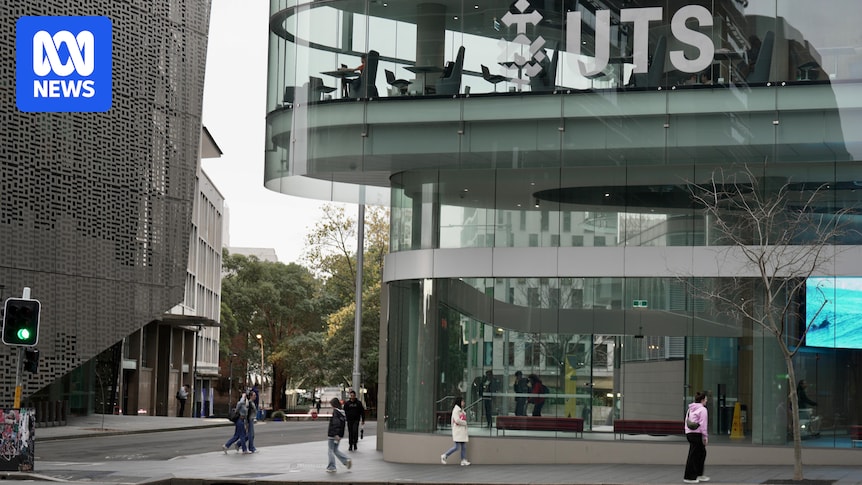
The University of Technology Sydney (UTS) has announced a significant restructuring plan that will see the closure of its schools of education and public health, resulting in the elimination of over 1,100 subjects and 134 jobs. This decision is part of a broader cost-cutting strategy aimed at saving $100 million and returning the university to financial surplus by 2026.
Previously, UTS had indicated plans to cut 400 jobs as a measure to address financial challenges exacerbated by the COVID-19 pandemic. The updated proposal, released on Wednesday, outlines the creation of a new faculty of Business and Law by merging the trans-disciplinary and business schools. Consequently, the number of schools will reduce from 24 to 15, with significant course and program discontinuations.
The $100 Million Bid to Return to Surplus
UTS Vice-Chancellor Andrew Parfitt emphasized that the restructuring is crucial for the university’s financial health, citing policy restrictions on domestic and international student enrollments as a barrier to revenue growth. “UTS is focused on achieving a sustainable future where students can continue to get the quality of education they expect, and we can continue to deliver research outcomes for the communities that benefit from our work,” Professor Parfitt stated.
The university’s financial strategy aims to reverse five consecutive years of deficits, a situation that has been compounded by the global pandemic’s impact on higher education institutions worldwide.
Restructure Sparks Calls for Greater Scrutiny
The announcement has sparked criticism and calls for increased oversight from various stakeholders. Vince Caughley of the National Tertiary Education Union criticized the proposal as “poorly managed,” questioning the rationale behind cutting essential education and health programs amid a national shortage of professionals in these fields.
“At a time when health and education have never been more important, when there is a shortage of teaching and health professionals in the community, it seems curious that a public institution would make this decision and be allowed to make this decision,” he said.
Caughley urged for greater scrutiny and renewed governance, arguing that the university’s financial situation does not justify such drastic measures.
Similarly, Greens Deputy Leader and Higher Education spokesperson Mehreen Faruqi condemned the restructuring as an “absolute disgrace,” highlighting the impact on staff, students, and the community. “Overhauling university governance is absolutely urgent. Staff and students deserve to be key decision-makers at their universities, not overpaid executives or corporate appointees,” Faruqi asserted.
NSW Government’s Involvement
The New South Wales Department of Education has also expressed concern over the proposed changes. Secretary Murat Dizdar emphasized the importance of maintaining a robust teaching pipeline, especially in light of a national and international teacher shortage. “Teaching is the profession that creates every single other profession, it’s so important for the state’s social and economic fabric,” Dizdar noted.
Dizdar confirmed ongoing discussions with the UTS vice-chancellor, advocating for a closer examination of the impact on teacher and education courses. “My understanding is this is a complex change process for the university,” he said, adding that he had made representations to consider the broader implications of the proposal.
Looking Ahead
The proposal is currently subject to a consultation period, which will conclude on October 15. UTS has stated that any approved changes will be implemented in 2026, allowing time for adjustments and planning.
As the consultation progresses, the university’s decision will likely continue to draw attention and debate from educational bodies, government officials, and the public. The outcome of these discussions could set a precedent for how universities navigate financial pressures while balancing educational commitments.
Ultimately, the restructuring at UTS highlights the ongoing challenges faced by higher education institutions in adapting to a rapidly changing economic landscape, where financial sustainability must be weighed against the core mission of education and public service.







